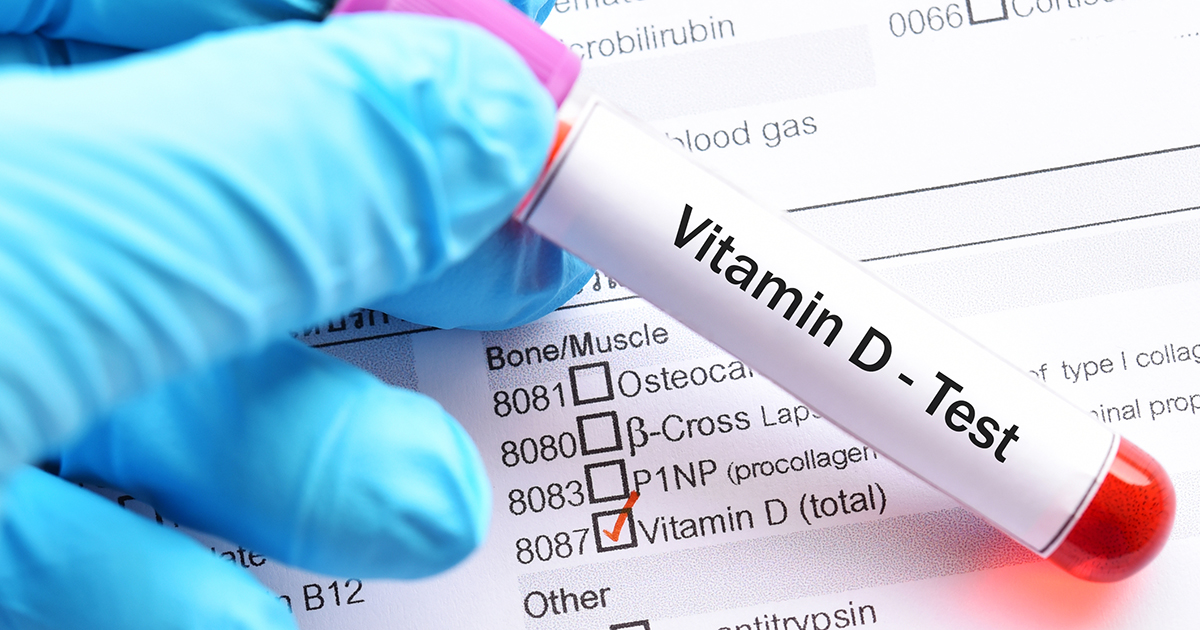Causes & Risk Factors Of Osteitis Fibrosa Cystica
Vitamin D Deficiency

Vitamin D helps the intestines to absorb calcium from the blood, though this does not happen without the parathyroid hormone. There are two ways to get active vitamin D: absorbing it from the food or vitamins taken, or soaking in good sunlight, which causes the body to create it.
It is hard to absorb calcium if there is vitamin D deficiency. In turn, the parathyroid glands increase their hormone output to increase calcium levels. This means the glands will take calcium from the bones, leading back to why bones become weaker and begin to deform. The good news is this means the parathyroid glands are actually healthy.
Continue reading for more on causes and risk factors of osteitis fibrosa cystica now.
Calcium Deficiency

Calcium keeps bones healthy and strong, helps nerve cells transmit signals, and aids in muscle contraction. The body can have too high calcium levels in the blood (hypercalcemia) or too low calcium levels in the bones (hypocalcemia). If there is a high level of calcium in the blood, parathyroid hormone is produced less. Complications of calcium and phosphorous levels include osteoporosis, kidney stones, cardiovascular disease, and neonatal hypoparathyroidism. Someone with a calcium deficiency may experience muscle spasms, memory loss, muscle cramps, brittle nails, depression, and numbness in the hands, feet, and face. To be sure proper amounts of calcium are absorbed daily, it is important to eat foods high in calcium and make sure hormones are in balance.
Continue reading to learn about more causes and risk factors of osteitis fibrosa cystica now.
